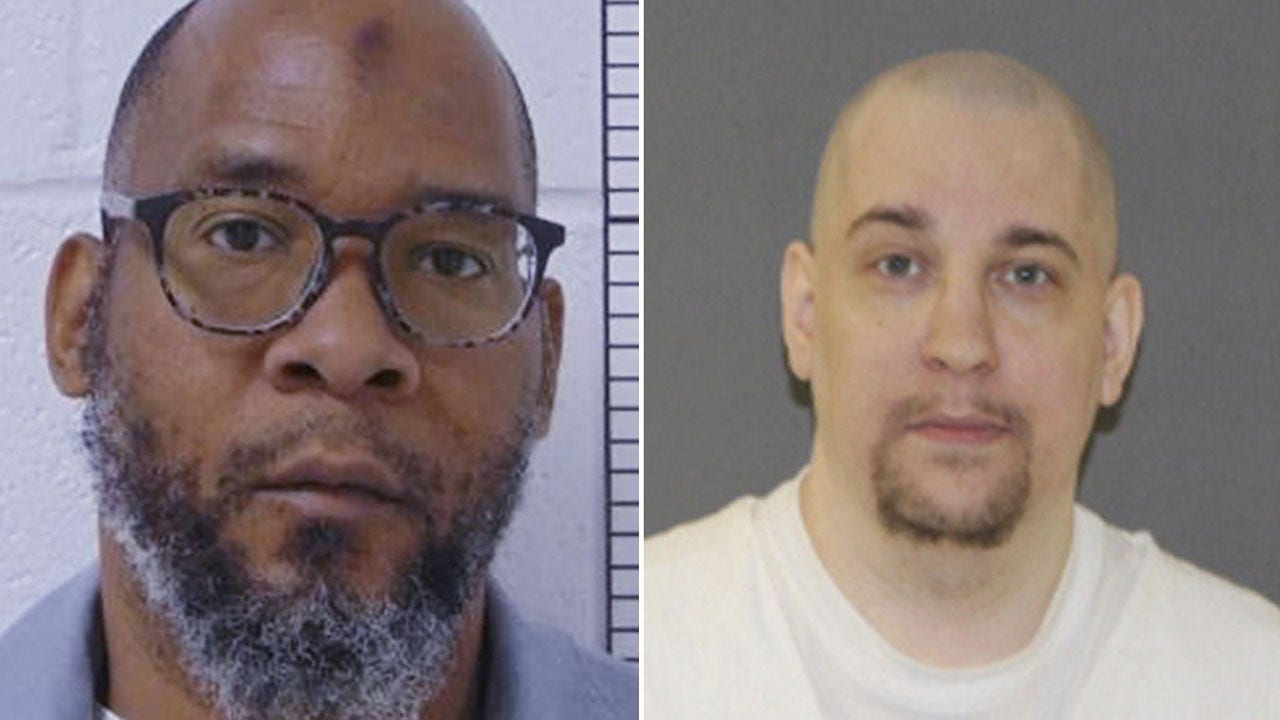
Marcellus Williams Executed Amid Controversy and Calls for Justice
In a significant and controversial event, Marcellus Williams, a 55-year-old inmate in Missouri, was executed by lethal injection on September 24, 2024. This execution came despite mounting concerns over his conviction for the 1998 murder of Lisha Gayle, a social worker and former newspaper reporter. Prosecutors and the victim’s family had expressed doubts about Williams' guilt and requested clemency, further complicating the narrative surrounding this case.
The decision to execute Williams was made shortly after the U.S. Supreme Court denied his request for a stay of execution, which had been supported by his legal team citing procedural errors and new evidence that suggested potential bias in jury selection. Williams was convicted in 2001, with evidence indicating that he broke into Gayle's home, ultimately stabbing her more than 40 times. His conviction hinged on circumstantial evidence, including the discovery of Gayle's belongings in his car and various confessions to different individuals.
Also Read:- Kylie Minogue Reveals 'Tension Tour' Ticket Prices, VIP Packages, and Dates
- Volkswagen Faces Challenges Amid Digital Subscription Shift and Tech Constraints
On the day of his execution, Williams maintained his innocence, a sentiment echoed by his attorney who highlighted the troubling nature of the judicial process leading to this outcome. Just days prior, the St. Louis County prosecuting attorney had joined Williams’ attorneys in a plea to overturn his conviction, pointing to new DNA evidence that indicated mishandling of crucial evidence during the trial. This plea, however, was ultimately disregarded, and the execution proceeded as planned.
Governor Mike Parson defended the execution, stating that the judicial system had upheld Williams' conviction through numerous hearings and legal proceedings over the past two decades. He asserted that no jury had ever found merit in claims of Williams' innocence. Meanwhile, many civil rights advocates and organizations, including the NAACP, expressed outrage, labeling the execution a miscarriage of justice and arguing that it highlighted systemic flaws in the capital punishment process.
Witnesses reported that approximately 100 demonstrators gathered outside the prison, voicing their opposition to capital punishment and the execution of Williams, who was known for his faith and advocacy within the prison system. His last words reflected his spirituality, as he stated, “All Praise Be to Allah In Every Situation!!!” before being put to death.
This execution raises profound questions about the reliability of the criminal justice system, particularly regarding capital punishment. With over 200 individuals exonerated from death row since 1973, including four from Missouri, the specter of executing an innocent person looms large. As further executions are anticipated in states like Oklahoma and Alabama, the discourse surrounding the death penalty and its implications for justice continues to evolve, calling for reflection on the values and processes that define American jurisprudence.
Read More:

0 Comments